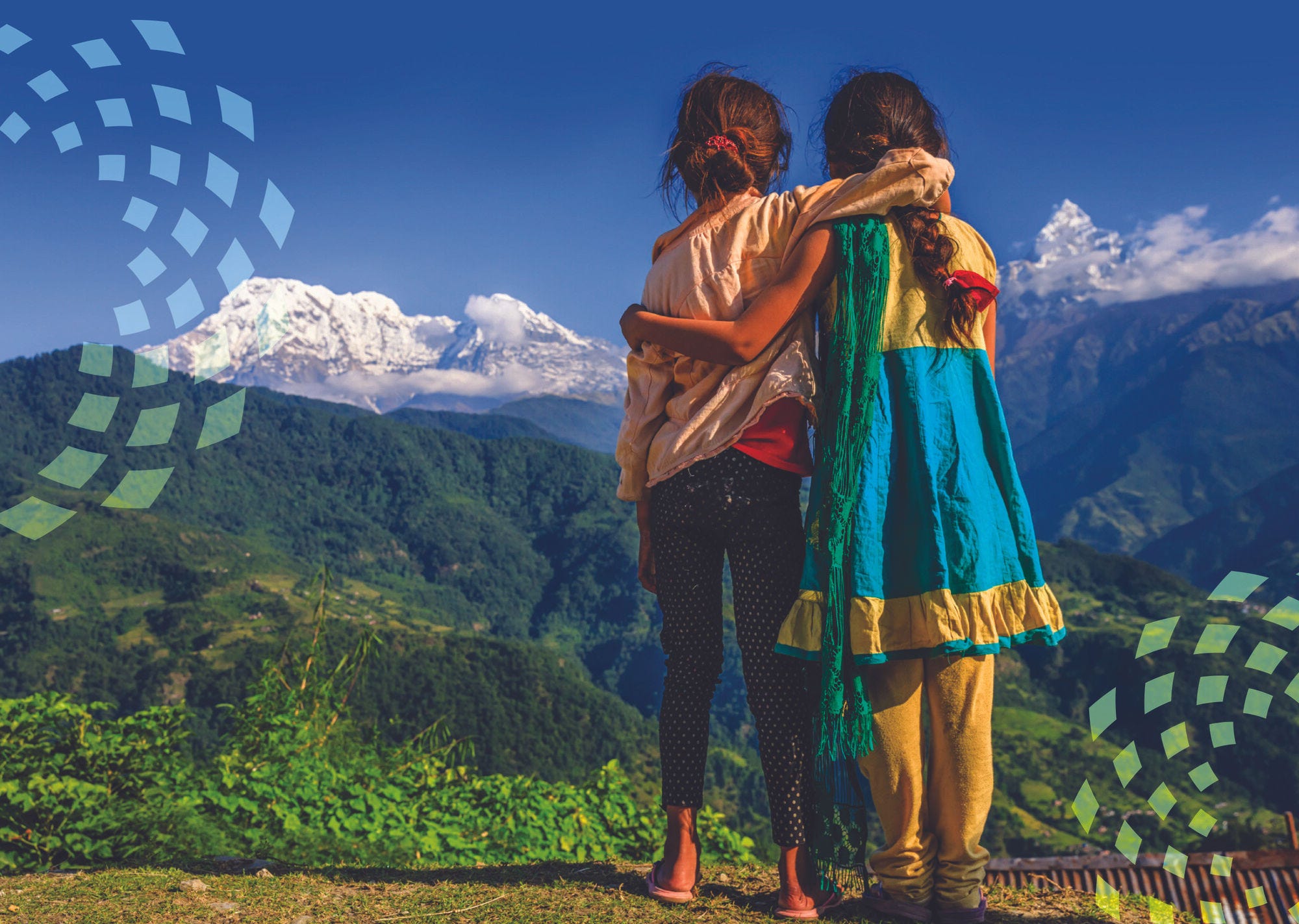We feared the worst and yet the recent data on poverty has hit hard. Thirty years of progress in eradicating extreme poverty have been derailed by the Covid-19 pandemic, ensuing economic shocks and debt distress, by war and conflict, and, as predicted, by the serious effects of climate change.
Depending on who counts and how, between 700 million and 2 billion people live in extreme, absolute or multidimensional poverty in low- and middle-income countries. Poor households have insufficient assets to make a livelihood for themselves. Billions more could fall back into poverty due to uninsured exposure to illness, lack of social protection, missed education and higher cost of living.
At the same time, media images of a planet “on fire” or “drowning” underscore the urgency of climate action. By 2030, if no actions are taken, climate shocks will further exacerbate the plight of hundreds and millions of poor households living in vulnerable regions like sub-Saharan African and South Asia where extreme poverty is concentrated.
Providers of development co-operation are stepping up to the challenge, increasing their financial and technical support for green transitions in partner countries, towards low-carbon, climate-resilient economies. Likewise, they must respond to the rising costs of climate adaptation and help countries manage the disruptive risks of green transitions, including job losses in carbon-intensive and polluting sectors, or the impact of mining for critical minerals on the health and environment of local communities.
The OECD has always upheld the banner of better policies for better lives around the world, including delivering on the sustainable development goals. Our compass for getting there has not changed: to help uplift the poorest and most vulnerable, foster transparency, and hold ourselves accountable. Yet, in the face of pressing environmental challenges, our partners are asking hard questions: where is the steadfast commitment to reducing poverty and inequality? Where is the promised support amidst the escalating climate crisis? How can green transitions benefit everyone, including the poorest and most vulnerable?
As a response, this edition of the Development Co-operation Report 2024 provides a framework for putting poverty eradication and the reduction of inequalities at the centre of all development and climate actions. True tests for members of the OECD’s Development Assistance Committee and other providers of development and South-South co-operation will be increasing the share of concessional development finance for poverty and inequality-focused sectors in the countries and regions that need it the most. This includes creating policy synergies across green transition sectors and complementary socio-economic policies, improving access to tailored financial support aligned with partners’ national plans for development and just green and energy transitions, enabling voice and agency for communities, and ensuring that human rights and environmental and social standards are rigorously upheld.
Managed well, the green transition offers transformative opportunities for sustainable, socio-economic development in low- and middle-income countries. The shift to renewable energy, green technologies, protected biodiversity, and climate-smart agriculture and infrastructure can create new jobs and enable universal access to affordable energy. This is particularly crucial in a world where, according to the International Energy Agency, 760 million people still lack access to electricity. Green technologies can stimulate job creation across various sectors, from renewable energy production to sustainable farming and eco-friendly construction. By protecting biodiversity and promoting climate-smart agriculture, we can ensure the resilience of ecosystems that underpin so many livelihoods, particularly in rural areas.
In partner countries, providers must take better account of the inseparable links between poverty, inequality, and climate change. As the report’s many examples illustrate, by addressing these interwoven challenges, they can produce climate-resilient outcomes that leave no one behind, ensuring shared benefits in the green transition. Particular attention must be paid to the impacts of energy transitions on labour markets, which can lead to new inequalities. Women, in particular, stand at a precarious juncture: because of historical disparities in education and segregation in labour markets, they are overrepresented in low-paid, informal jobs – typically in agriculture – that are the most likely to be negatively affected. A fair transition is therefore one that also pursues ambitious objectives in terms of formalising economies and redressing gender imbalances.
As development co-operation is called upon to meet an increasing number of challenges, let us reaffirm our unwavering commitment to placing poverty and inequality at the forefront of the sustainable development agenda. Supporting just green transitions that leave no one behind is not merely a moral imperative but a strategic investment in a stable, prosperous, and equitable future for all.

María del Pilar Garrido Gonzalo,
Director,
Development Co-operation Directorate, OECD

Carsten Staur,
Chair,
Development Assistance Committee
